One of the most significant factors a mortgage lender will review when you apply for a new mortgage loan is your credit history and rating. While some people have stellar credit, others have a troubled credit history with lower scores. If you fall into the latter scenario, you may be wondering how lenders will assess your credit situation when you apply for a mortgage in the near future.
Four Ways That Being Diligent with Your Mortgage Payments Can Seriously Improve Your Credit
The unfortunate reality is that many individuals have a lower credit rating than they would like. For many, this is caused by issues related to high debt balances, late payments and other related issues.
Three Tips for How to Secure a Mortgage if You Are A Self-Employed Entrepreneur
If you are self-employed, either as a freelancer or as the owner of your own business, your income can fluctuate greatly from year to year. That can make it difficult to get approved for a mortgage, although there are some things you can do to improve your chances. Here are three tips for securing a mortgage if you are self-employed.
Be Prepared for Your Mortgage Pre-approval Interview by Having Answers to These 4 Questions
So – you’ve completed an initial mortgage pre-qualification and now you’re ready to take the next step and meet with your lender or mortgage advisor for the pre-approval interview. Are you ready? Let’s take a quick look at a few questions you should know the answers to before you go in for a mortgage pre-approval.
Understanding the Difference Between a Mortgage Pre-qualification and a Pre-approval
If you’re in the market for a new home and you’ve been researching mortgages, you’ve likely come across the terms “pre-qualification” and “pre-approval”. While these terms are self-explanatory in some circumstances, they are quite different in regards to mortgage financing. In today’s blog post we’ll explain the difference between a mortgage pre-qualification and a pre-approval.


